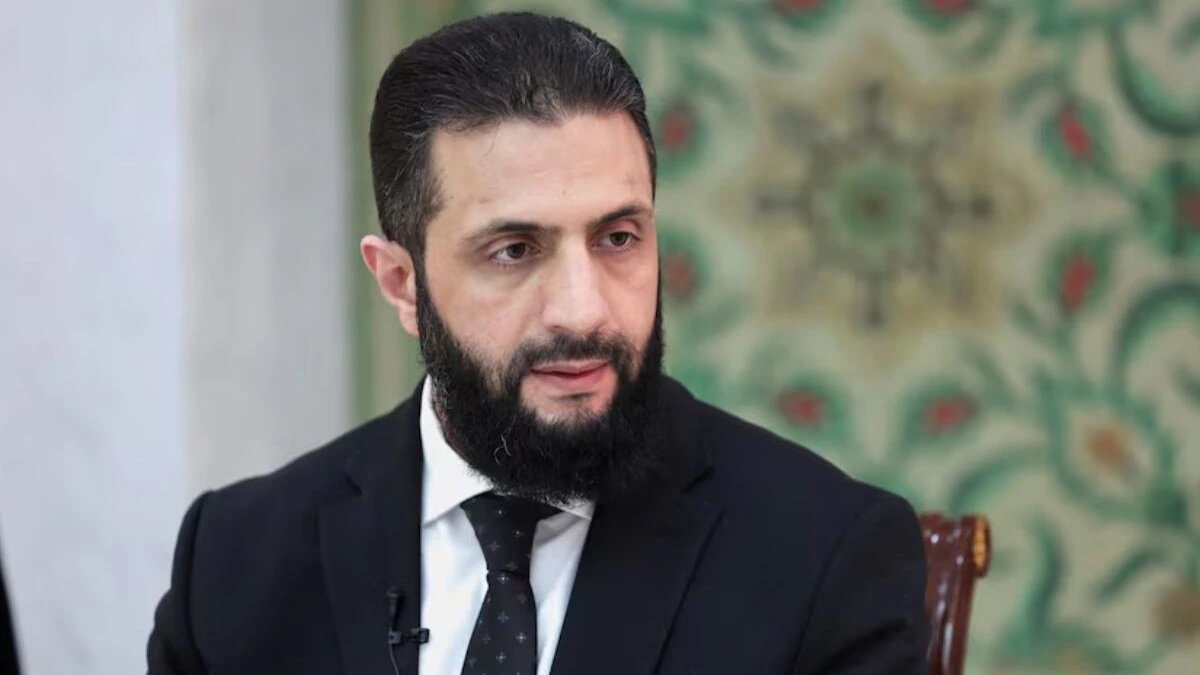Constitutionalizing terrorism in Syria and how!

BEIRUT — In a hasty attempt to buy time under pressure from the United States, the new Syrian regime intends to hold parliamentary elections next month, whereby the number of seats will be increased from 150 to 210, with at least 20% allocated to women.
This delayed announcement coincides with a series of internal, regional, and international developments regarding Syria, including the massacres in the coastal areas and Suwayda, as well as the faltering negotiations between the new administration and the SDF (the Kurdish-led Syrian Democratic Forces).
The parliamentary elections, which are supposed to include all of Syria, come at a time when approximately one-third of the country's northeastern region (the autonomous administration areas led by the SDF) and the entire Suwayda Governorate in the south are not under the authority of Ahmed al-Sharaa (Abu Muhammad al-Julani), the self-appointed president.
This means that any supposed representation for these regions will be merely symbolic and will not reflect the will of their residents, adding further uncertainty to the country’s bleak political picture.
It is worth noting that the election date of September was also chosen in an effort to align the elections with US efforts to invite the Hayat Tahrir al-Sham regime to participate in the UN General Assembly meetings.
Over the course of at least 30 months, until a permanent constitution is adopted, the newly formed council is expected to play a key role in establishing the legislative structure of the new Syrian “state”.
Besides, it will also be able to pass and amend laws, discuss the general budget, and ratify international treaties.
Further, the election will take place after determining the proportion of representation for each governorate based on the 2011 census, that is to say each governorate is assigned a proportional representation of its population (a noticeable focus on female representation has been highlighted).
Observers have numerous questions regarding the SDF, which insists on the principle of decentralization, especially since the upcoming parliament, under the circumstances under which it is being prepared, is considered a pillar of the centralized system of government, with the al-Julani regime controlling it with a heavy hand.
This electoral move will also fall within the context of his ongoing, relentless efforts to consolidate his influence, as it will constitute one of his pretexts for defending the alleged “constitutionality” of his foreign-imposed regime.
Thus, analysts view this move as a continuation of previous measures taken by al-Julani in an attempt to outline the contours of his alleged “state,” including the recent issuance of a report on the coastal massacres.
It is worth noting also that the aforementioned report has been subject to significant criticism due to the conclusion reached by the investigation committee, which exonerated the authorities of any negligence or complicity in these systematic sectarian massacres.
Leave a Comment